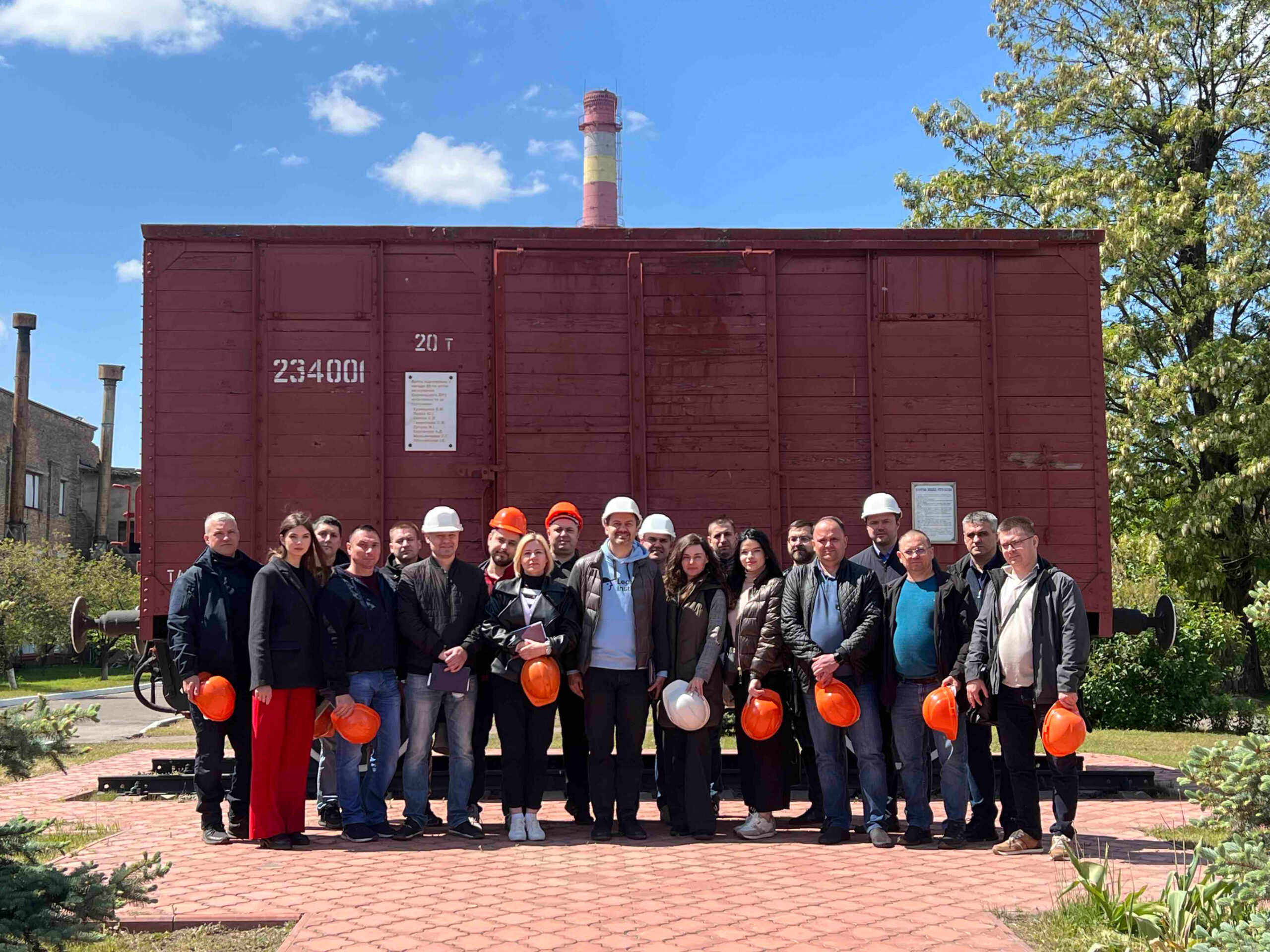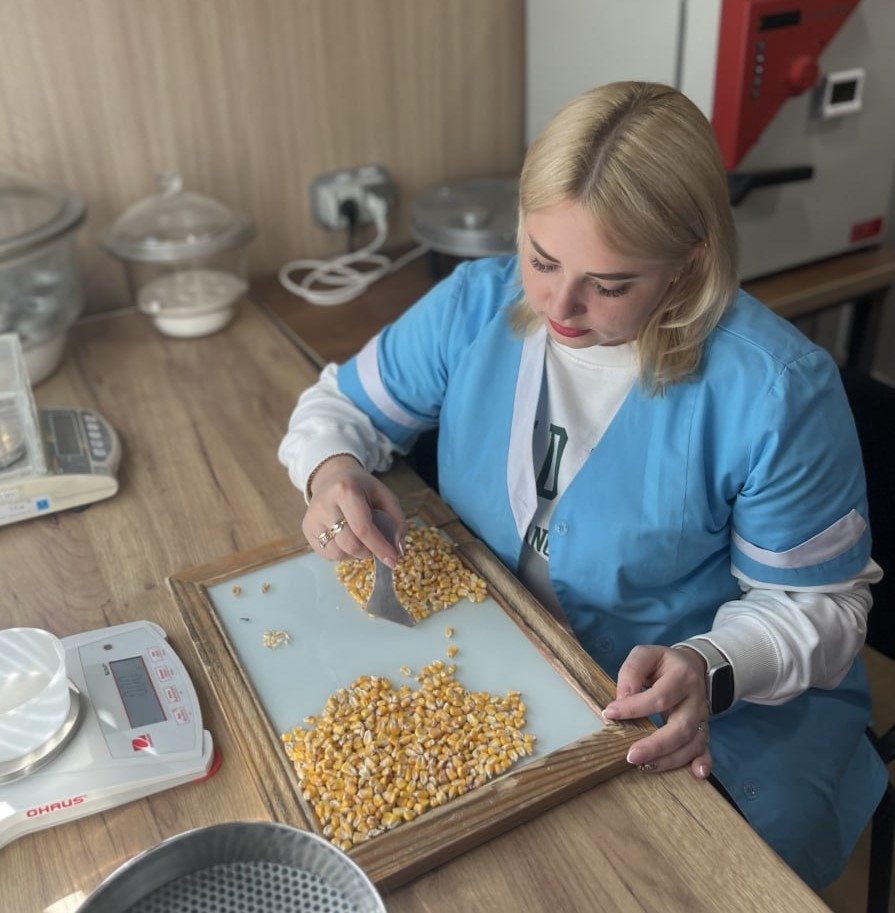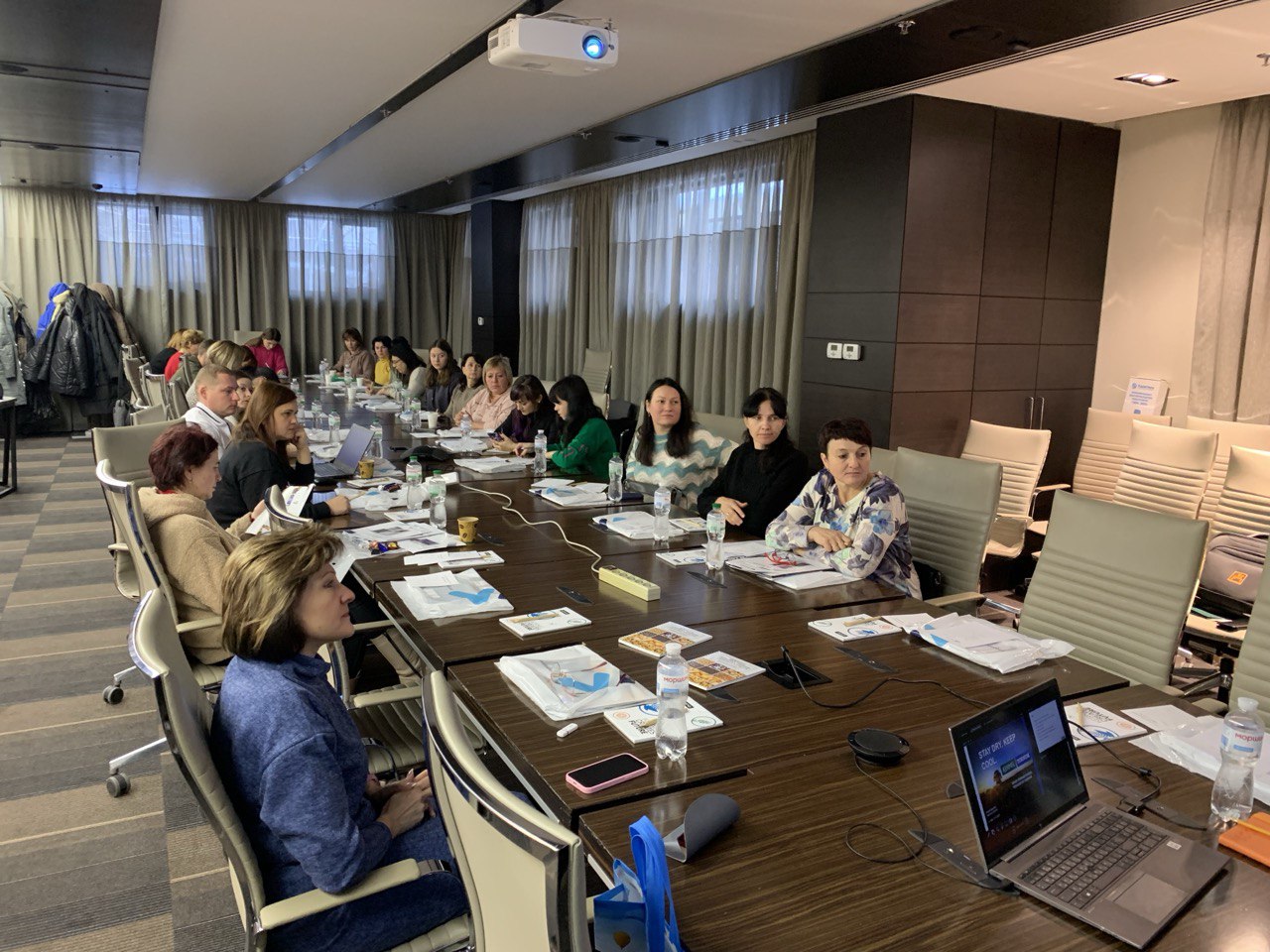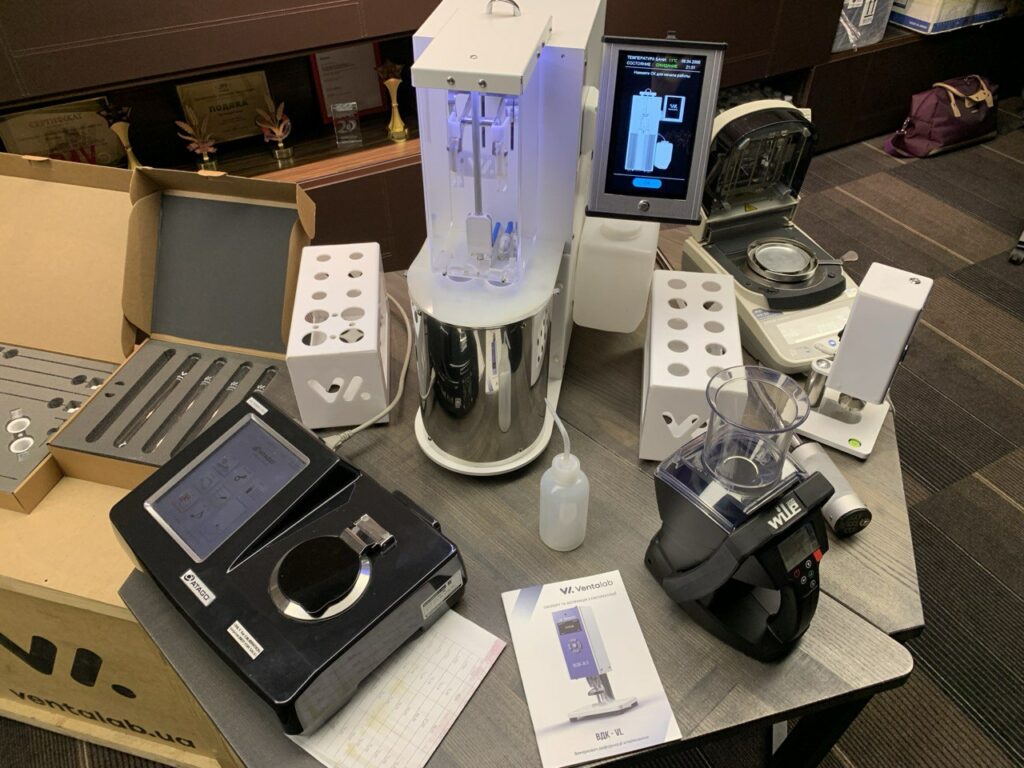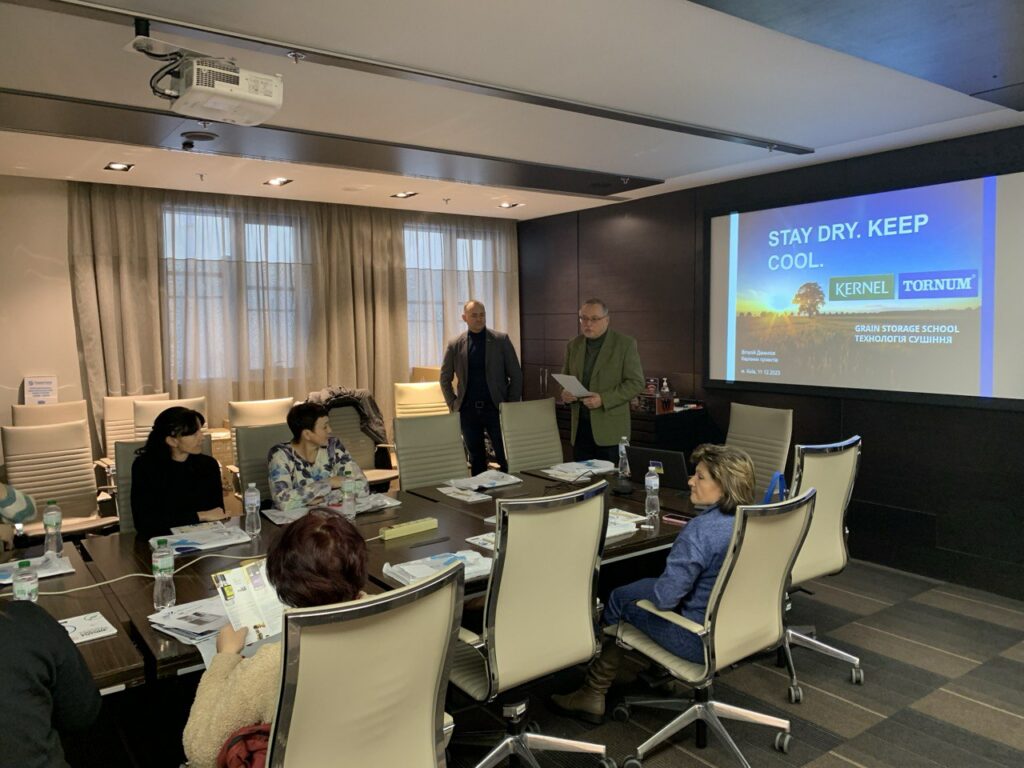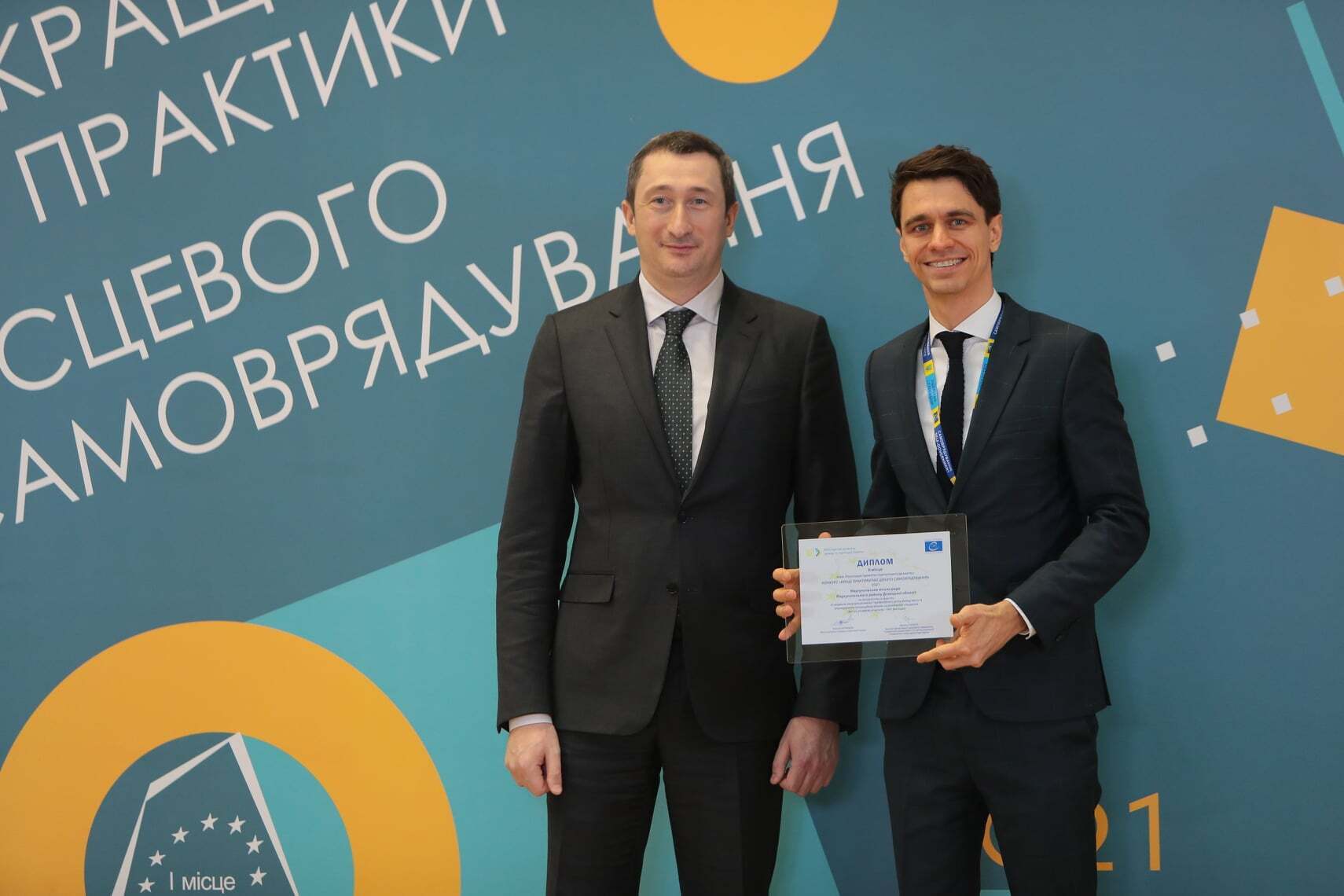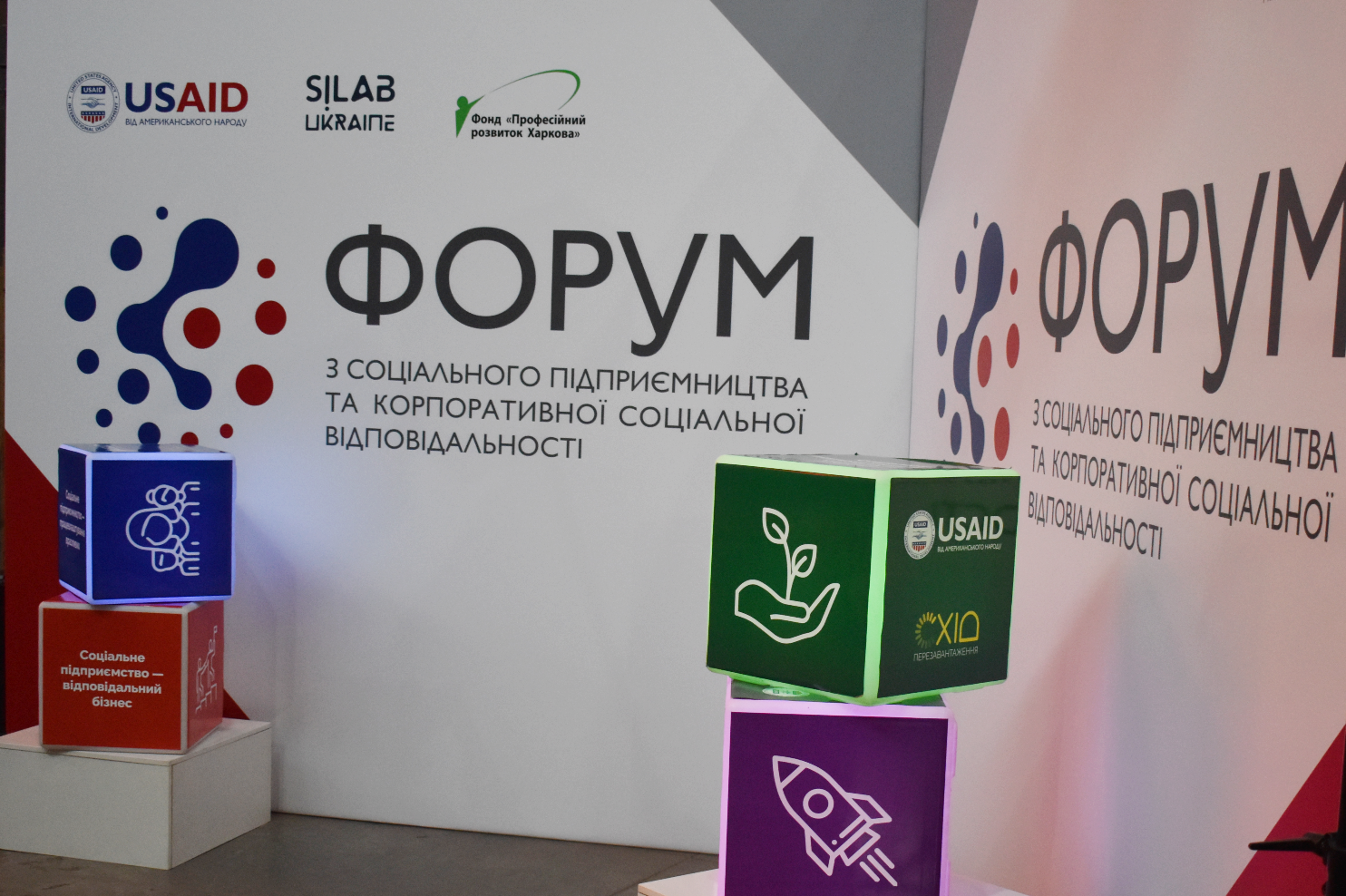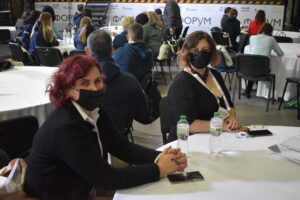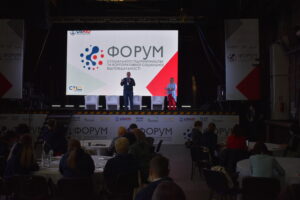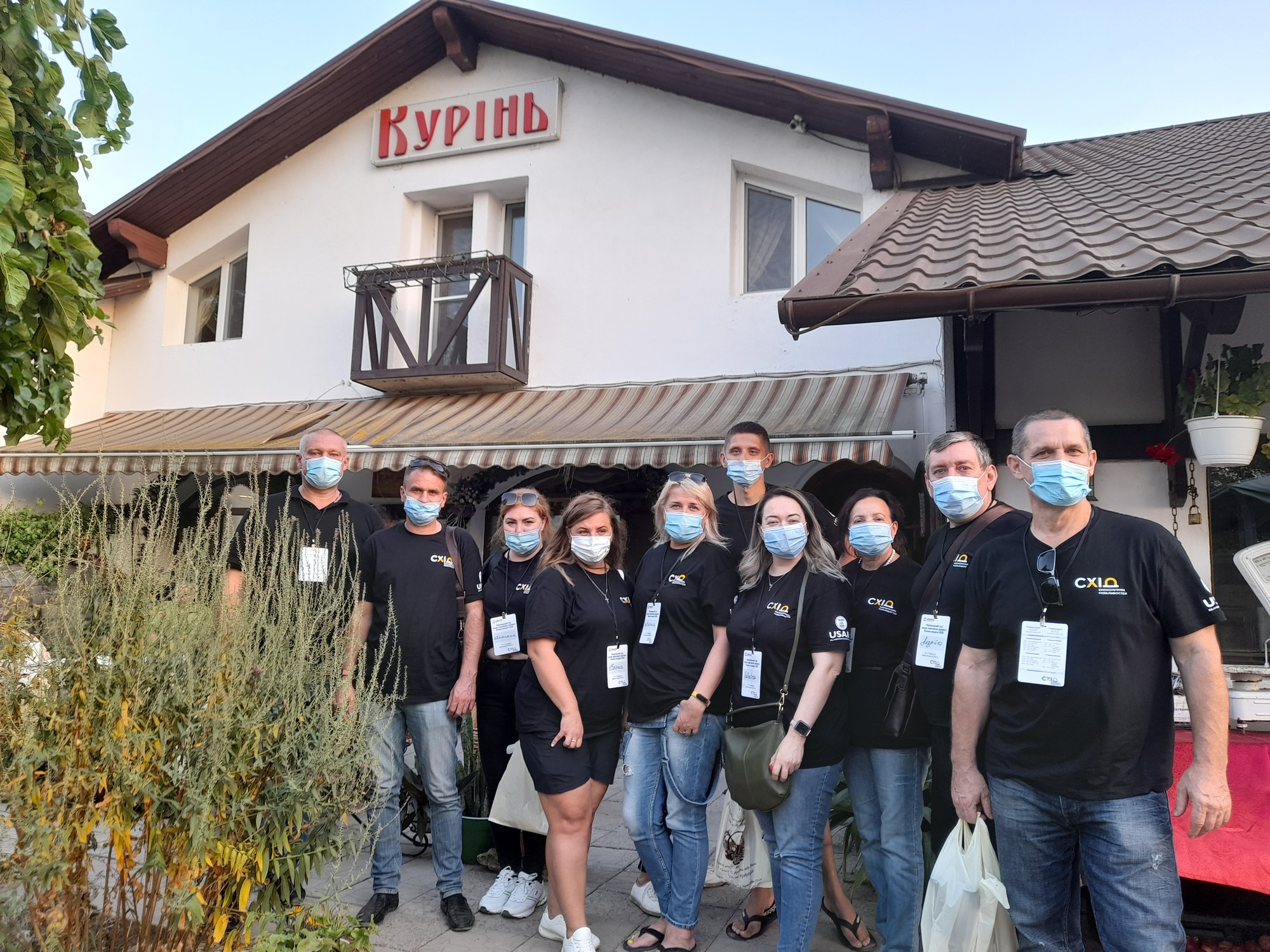USAID, through its Economic Resilience Activity (USAID ERA) supported 22 Ukrzaliznytsia (UZ) representatives working in wagon maintenance plants complete a Kaizen Training in Kyiv aimed at optimizing and improving processes.
Ukrzaliznytsia requested this training conducted by the Lean Institute of Ukraine and implemented by the organization International Development Foundation with the support of USAID ERA’s grant called “Workforce Development for Ukraine”.
Before the training, participants completed a theoretical online section called the Lean Yellow Belt Basic course so that during the practical training they could dive right in. The practical training took place at the UZ repair and assembly shop where the inefficiencies were identified in real time and theories for testing more efficient processes also happened on the spot.
Volodymyr Romanenko, Head of the repair and assembly shop shared, “Wagon repairs are time sensitive. Streamlining these processes at our site will reduce the wagon’s idle period, allowing it to transport more cargo, including grain. Some of the ideas I heard today are quite simple to implement, they will save time, and are possible.”
Serhii Komberianov, President of the Lean Institute of Ukraine, notes, “To raise workforce productivity, we need to remove unnecessary movements and actions, this will help keep employees engaged, particularly at state-owned enterprises. We do not need more workers; we just need to be able to do more with less to solve the workforce shortage. And at the same time, we will focus on preserving employee health. When things like this are highlighted in a training, the solutions seem easy, and they don’t require investing money! Automation and additional robotics tools are very expensive, not everyone can afford it. For businesses to succeed, inefficiencies must first be removed then additional investments can be made. This is why we train our employees to be as efficient as possible, review processes, and remove excess.”
Kaizen Trainings to optimize UZ processes and allow employees to inspect and repair wagons more efficiently will ultimately benefit Ukrainian agribusinesses move agricultural goods.
